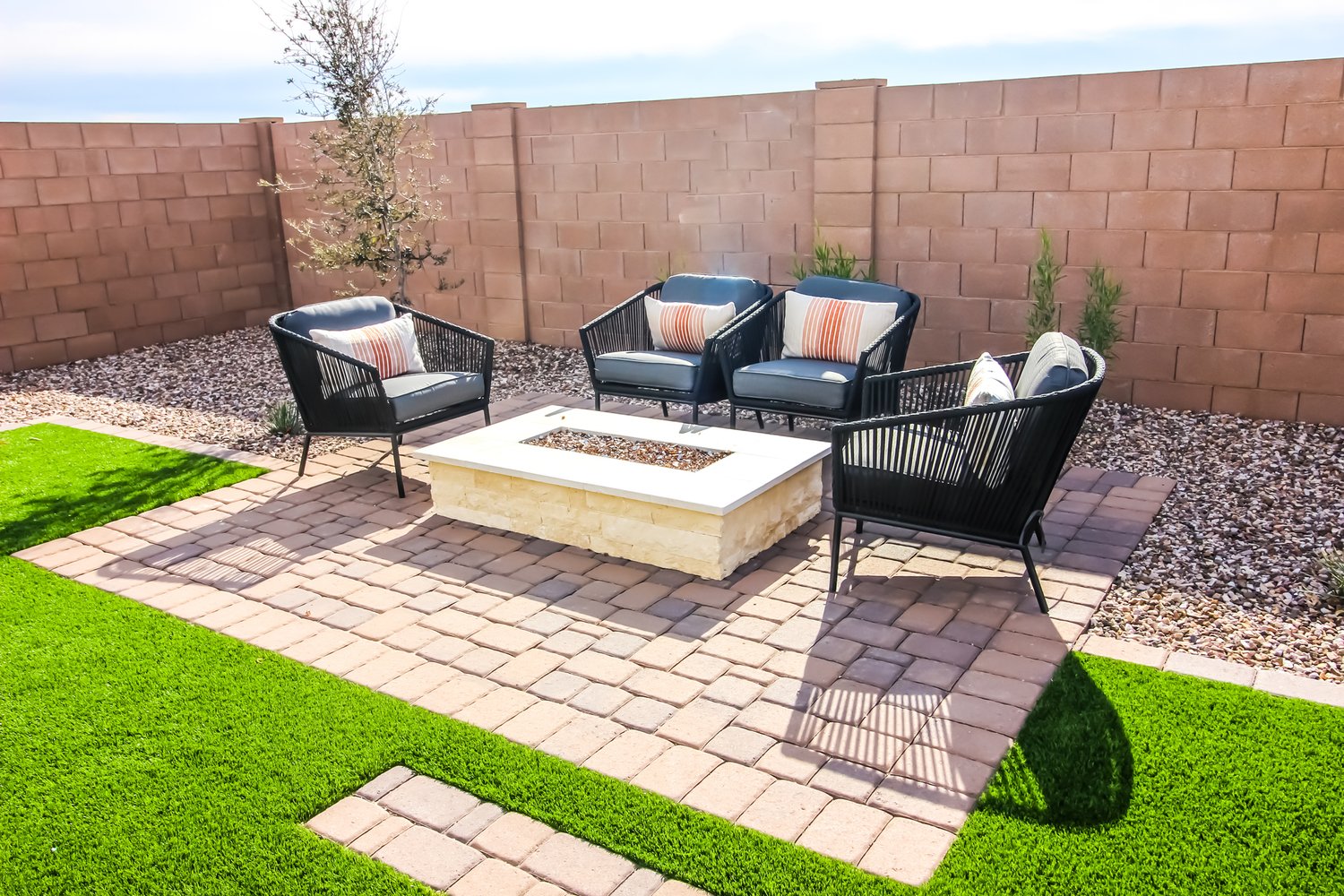As homeowners increasingly seek environmentally responsible options for their outdoor spaces, permeable pavers have emerged as a popular solution for driveways and patios. These innovative paving systems offer a sustainable alternative to traditional concrete or asphalt surfaces by allowing water to pass through rather than run off. This article explores the numerous benefits of permeable pavers, from their ability to manage stormwater runoff to their aesthetic appeal and durability. We’ll also discuss how these eco-friendly paving options can contribute to a more sustainable property while addressing common flooding concerns.
What Are Permeable Pavers?
Permeable pavers, also known as pervious or porous pavers, are specially designed paving materials that allow water to infiltrate through the surface rather than pooling or running off. Unlike traditional impervious surfaces like concrete or asphalt, these pavers feature joints filled with small stones or specially formulated aggregates that create tiny pathways for water to seep through. The permeable paving system typically consists of multiple layers, including the visible pavers on top, followed by bedding layers, aggregate base courses, and sometimes geotextile fabrics that work together to filter and direct water back into the ground naturally. This design represents a fundamental shift in how we approach hardscaped areas, making permeable pavers one of the most innovative sustainable driveway solutions available today.
Stormwater Management Benefits
The primary advantage of permeable pavers lies in their exceptional stormwater management capabilities. Traditional paved surfaces force rainwater to flow across their surface, often leading to erosion, flooding, and overburdened municipal drainage systems. Stormwater management pavers address these issues by allowing precipitation to infiltrate where it falls, reducing runoff by up to 100% during typical rain events. This natural filtration process removes pollutants as water passes through the various layers, preventing contaminants like oil, fertilizers, and debris from entering waterways. For homeowners in flood-prone areas, installing permeable pavers can significantly reduce puddles and standing water issues while helping to recharge local groundwater supplies naturally. Many municipalities now offer incentives for installing these systems, recognizing their substantial environmental benefits for community water management.
Environmental Advantages
The eco-friendly paving qualities of permeable pavers extend well beyond water management. These systems contribute to reducing the heat island effect common in urban and suburban areas by absorbing less heat than traditional paving materials. The spaces between pavers allow for natural cooling and often support small amounts of vegetation that further enhance temperature regulation. Additionally, the filtration process that occurs as water passes through the paver system helps to remove harmful pollutants before they enter the groundwater system. By choosing permeable pavers, homeowners actively participate in protecting local watersheds and aquatic habitats that are often damaged by polluted runoff from conventional pavements. As experts at AskHomey often advise homeowners, the environmental benefits of permeable paving systems make them an excellent choice for environmentally conscious property improvements.
Aesthetic and Design Versatility
Permeable pavers offer remarkable design flexibility without sacrificing function. Available in numerous shapes, sizes, colors, and textures, these pavers can complement any architectural style from traditional to contemporary. Homeowners can create intricate patterns and borders or mix different colors to achieve unique designs that enhance curb appeal. Unlike poured concrete or asphalt, individual pavers can be replaced if damaged without disturbing the entire surface, making maintenance simpler and more cost-effective over time. Many manufacturers now produce permeable pavers that mimic the appearance of natural stone, brick, or even wood, providing the aesthetic benefits of these materials with the added permeable pavers benefits. This versatility allows homeowners to create stunning driveways and patios that stand out in the neighborhood while quietly performing important environmental functions.
Long-Term Cost Benefits
While the initial installation cost of permeable pavers typically exceeds that of conventional paving materials, the long-term economic benefits often outweigh this upfront investment. Permeable paving systems generally have longer lifespans than traditional asphalt or concrete, often lasting 20-30 years with proper maintenance. These systems require fewer repairs related to frost heaving or cracking since their flexible design accommodates ground movement and their drainage capabilities reduce water damage. In regions where stormwater fees are assessed based on impervious surface area, homeowners with permeable pavers may qualify for reduced fees or credits. Additionally, properties with thoughtfully designed sustainable driveway solutions often command higher resale values as environmental features become increasingly important to homebuyers. This combination of durability, reduced maintenance costs, and potential financial incentives makes permeable pavers a sound long-term investment.
Installation Considerations
Professional installation is crucial for permeable paver systems to function properly and deliver their full range of benefits. The process involves extensive preparation, including proper excavation, installation of appropriate base materials, and careful attention to slope and drainage patterns. While some skilled DIY homeowners might tackle small patio projects, driveways typically require professional expertise to ensure structural integrity and optimal water management. Climate considerations also factor into installation planning, as regions with freeze-thaw cycles require specific base depths and materials. When selecting contractors, homeowners should seek professionals with specific experience installing permeable paving systems, as these projects require different techniques than traditional paver installation. Proper installation ensures that your permeable paver driveway or patio will perform effectively for decades while requiring minimal maintenance.
For more tips and to connect with reliable home service professionals, follow AskHomey on Facebook and Instagram.



